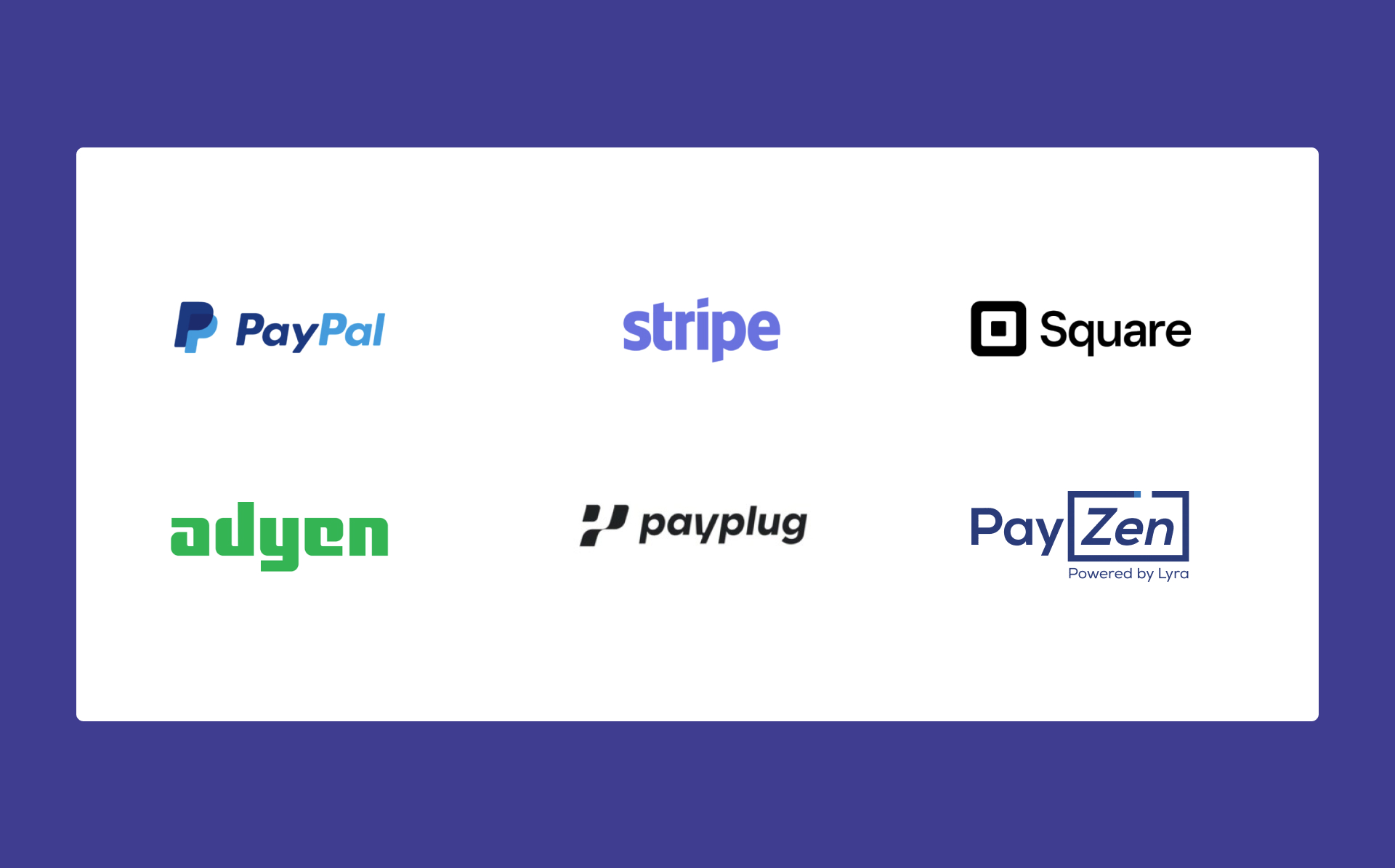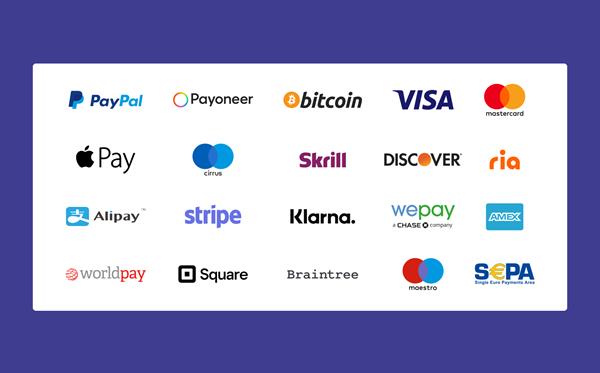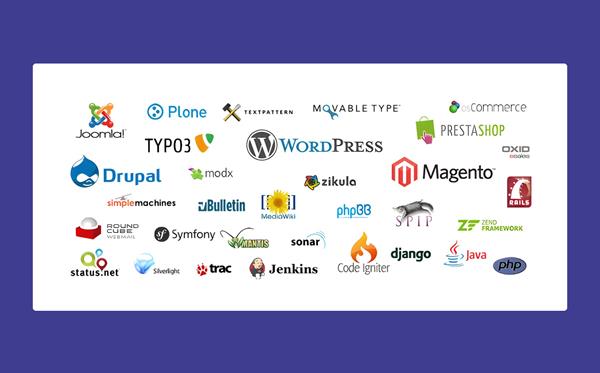Comparing Popular Payment Systems for E-Commerce: Advantages and Disadvantages

Selecting the right payment system is crucial for any e-commerce business, as it directly impacts customer experience, transaction security, and overall operational efficiency. Below is a comparison of some of the most popular payment platforms, including their pros and cons.
1. PayPal
Advantages:
- Wide Acceptance: PayPal is one of the most widely recognized payment platforms globally, making it a trusted choice for customers.
- Ease of Use: Users can pay quickly using saved payment methods without needing to re-enter information.
- Multi-Currency Support: Ideal for businesses with international customers, as it supports transactions in multiple currencies.
- Buyer Protection: Offers strong consumer protection policies, increasing customer trust.
Disadvantages:
- Transaction Fees: PayPal’s fees can be higher compared to some alternatives, especially for international transactions.
- Account Holds: Merchants may experience account freezes or holds, which can disrupt cash flow.
- Limited Integration: While PayPal integrates with many platforms, it’s not as seamless as some dedicated e-commerce payment solutions.
2. Stripe
Advantages:
- Developer-Friendly: Stripe’s robust API allows for extensive customization and seamless integration.
- Support for Subscriptions: Excellent for businesses with recurring payment models.
- Multi-Currency and Local Payment Options: Enables businesses to accept a variety of payment methods globally.
- Transparent Pricing: Offers clear, flat-rate pricing for most transactions.
Disadvantages:
- Complex Setup: May require developer expertise for initial setup and customization.
- Limited Customer Support: Real-time support options can be limited compared to competitors.
- Steep Learning Curve: Not as user-friendly for non-technical users or small businesses.
3. Square
Advantages:
- All-in-One Solution: Square provides tools for both online and offline transactions, making it a great choice for omnichannel businesses.
- User-Friendly Interface: Easy to set up and operate, especially for small businesses.
- Transparent Fees: Clear pricing structure with no hidden costs.
- Hardware Integration: Includes support for point-of-sale (POS) systems for physical stores.
Disadvantages:
- Limited International Availability: Square is not available in all countries, which limits its use for global e-commerce.
- Higher Fees for Large Transactions: Fees may become significant for high-volume merchants.
- Fewer Advanced Features: Compared to platforms like Stripe, Square offers less customization.
4. Adyen
Advantages:
- Global Reach: Adyen supports a wide variety of payment methods and currencies, making it an excellent choice for international businesses.
- Omnichannel Support: Provides unified payment solutions for both online and offline channels.
- Advanced Features: Includes real-time data analytics and fraud prevention tools.
Disadvantages:
- Complex Pricing Model: Adyen uses interchange-plus pricing, which can be less transparent and higher for smaller businesses.
- Enterprise-Focused: Its features and pricing are more suited to larger enterprises, potentially excluding smaller businesses.
- Technical Expertise Needed: May require technical resources for integration and management.
5. PayPlug
Advantages:
- Designed for SMEs: Offers simple and user-friendly solutions tailored to small and medium-sized businesses.\n- Quick and Easy Integration: Can be easily integrated into most e-commerce platforms with minimal setup time.
- Fraud Management: Includes tools to detect and prevent fraudulent transactions effectively.
Disadvantages:
- Limited International Coverage: Mainly focuses on European markets, which could be a limitation for businesses targeting global customers.
- Fewer Advanced Features: Lacks some of the customization and analytics tools offered by platforms like Stripe.
- Pricing Transparency: Detailed pricing information may not always be available without contacting the company.
6. PayZen
Advantages:
- Flexible Payment Options: Enables merchants to offer customers installment payments or deferred payment options.
- Security-Focused: Uses advanced encryption and fraud detection systems to protect both merchants and customers.
- Multi-Currency Support: Allows for international transactions with support for various currencies.
Disadvantages:
- Complex Integration: May require additional resources for setup and integration with existing systems.
- Limited Features: Compared to competitors, lacks some advanced analytics or customization options.
- Regional Focus: Primarily caters to European markets, which may limit its appeal for global businesses.
Conclusion
Choosing the right payment system depends on your business’s size, target market, and technical resources. Platforms like PayPal and Square are ideal for small businesses seeking simplicity, while Stripe and Adyen offer more advanced tools for scaling businesses. PayPlug and PayZen are excellent options for businesses operating primarily in Europe, with tailored features for local markets.
By aligning your choice with your operational needs and customer base, you can enhance your checkout experience, boost conversions, and ensure seamless transactions.




































